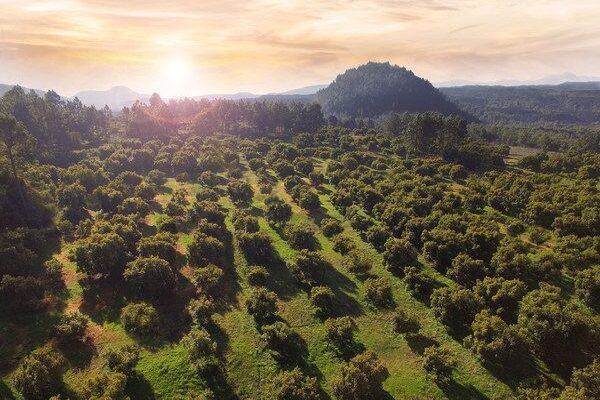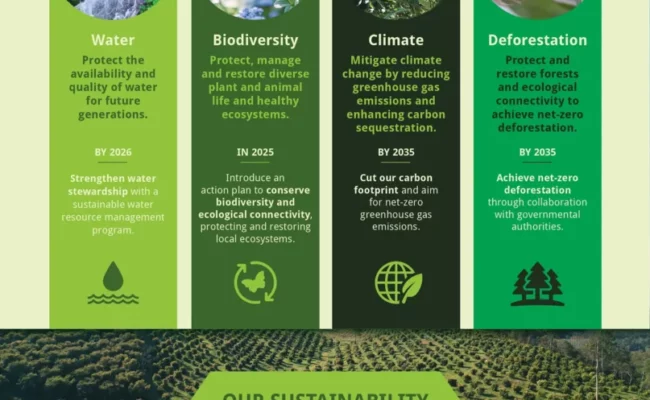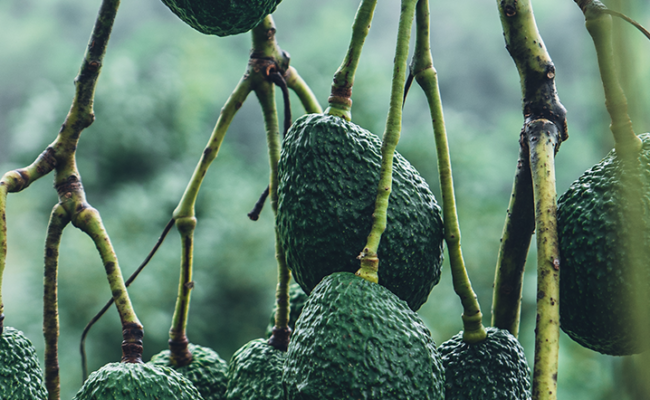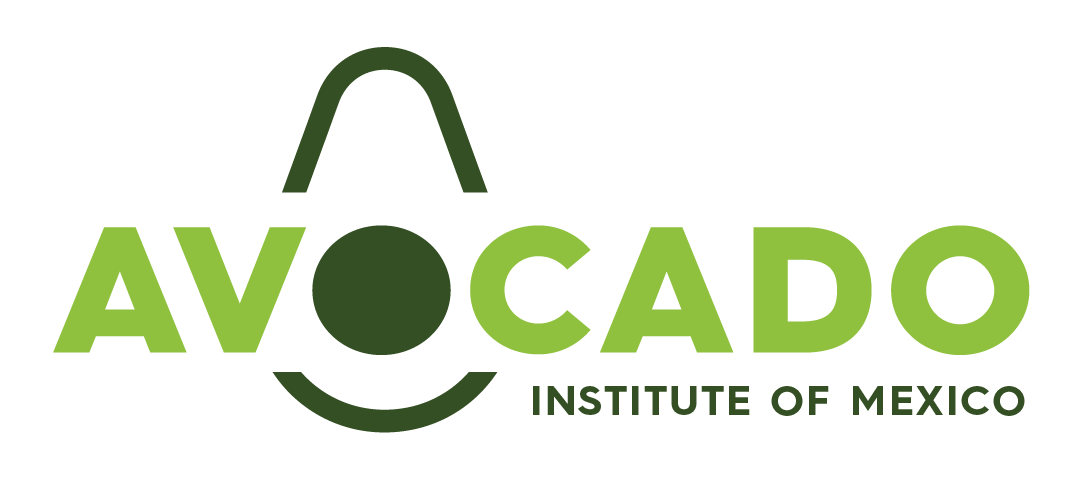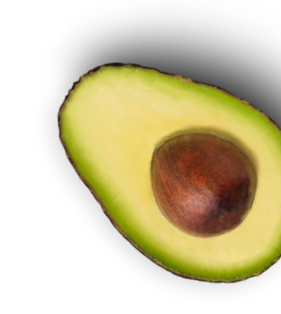The Path to Sustainability: Mexican Avocado Industry’s Commitment
The Mexican avocado industry, represented by MHAIA and APEAM, is united to introduce “The Path…
From Tradition to Tomorrow
Downloadable infographic
The Mexican avocado industry, represented by MHAIA and APEAM, is united to introduce“ The Path…
The Green Agenda – Avocado Institute of Mexico
For Our LandFor Our WaterFor Our Community The Green Agenda: A Cycle of Sustainability Committed…

